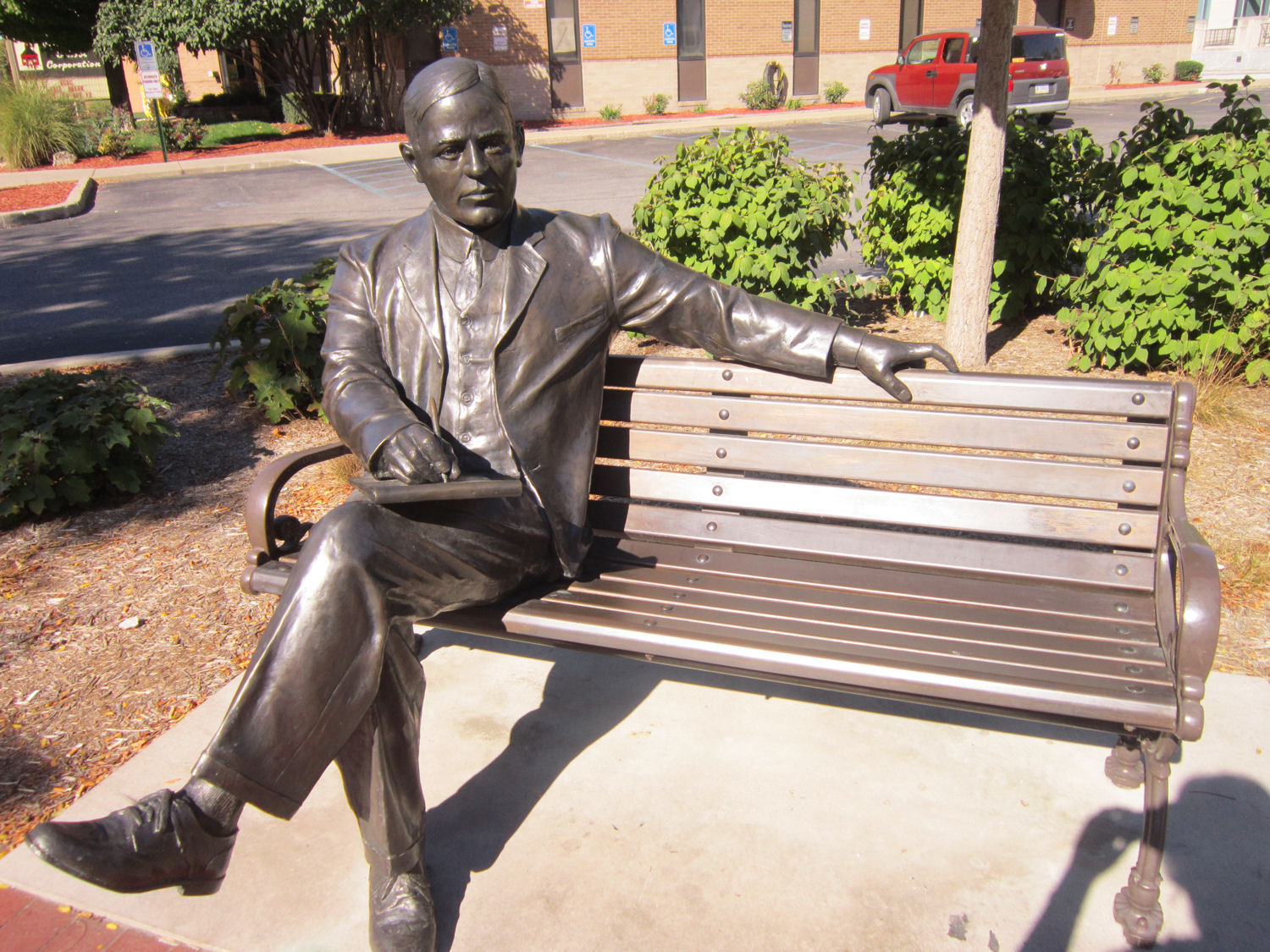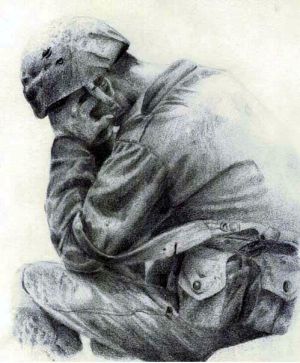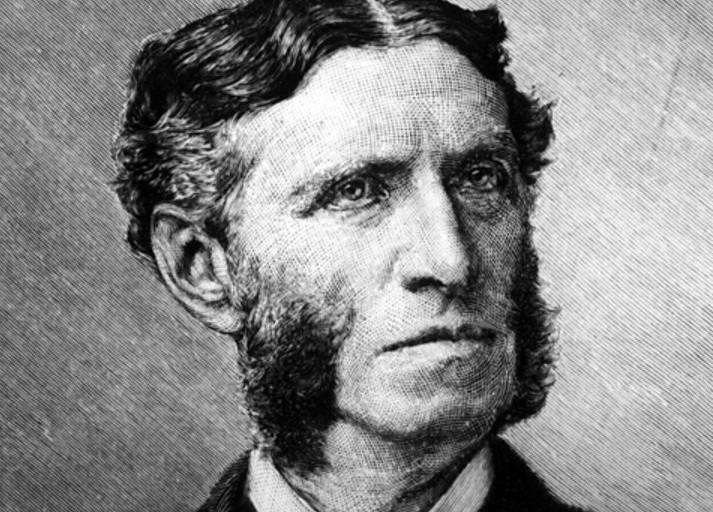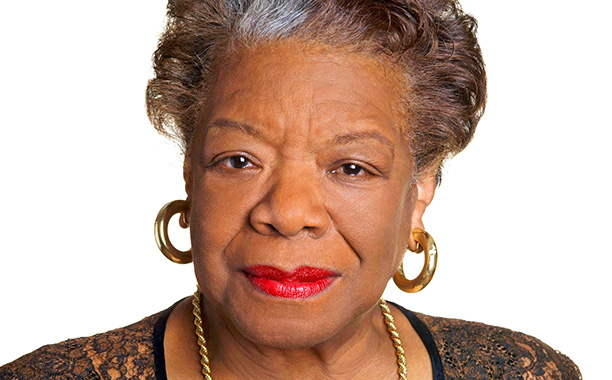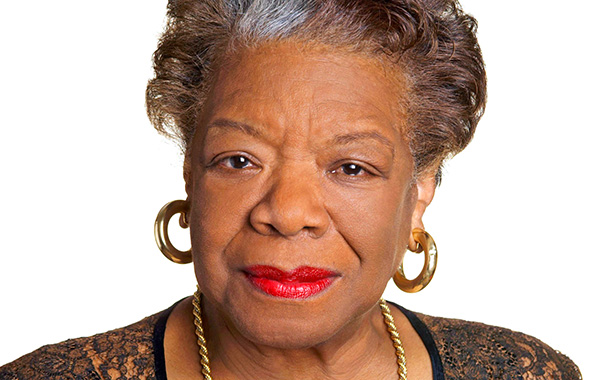Stanza-wise Summary of A Small pain in my Chest:
1st stanza:
The narrator sees a soldier sitting ‘calmly’ underneath a tree. The poet uses the word ‘soldier boy’ to highlight that the soldier was still in the formative years of life. His boyhood had not completely left him and hence he was clearly too young to be dealing with death on a daily basis. As the narrator approaches the young soldier he calls out to him. The narrator then gives the reader an idea of the setting of the poem – it is in the midst of a brutal war, after a long and difficult night of warfare. The poet describes his war-stricken surroundings and says that the only thing which the light of the morning could expose were dead bodies. The ravaging effects of war come out through the last line. It is interesting to note how the poet has juxtaposed dead bodies with the morning light in the last line. The morning is usually associated with fresh beginnings and hope of a new day. However, when war strikes, the only thing that a new morning brings are dead bodies, which is the signifier of the end to all beginnings and the loss of hope which life treasures. This contrast between morning and death brings out the irony of war which has been explored widely as the poem progresses.
2nd Stanza:
The destructive effects of war have been further explored in the second stanza. The soldier boy seeks help from the narrator, with a smile. He asks for some water since he has been on the field all through the night without any repose and has been maimed in the chest. Water is something which we usually take for granted. The triviality of the soldier’s request and the extreme politeness with which he makes it is extremely touching. The conditions in which the soldiers carry out the dirty business of wars are so harsh that even a sip of water is considered a luxury since there are many times when they have to go without it. The excruciating strain of being on the battlefield comes across when the soldier specifies that he has had to fight continuously for one whole day without any rest. What seems implausible to us, sitting in the comforts of our homes, is the daily reality of these soldiers. The politeness with which the soldier makes this request is striking. For us, water is hardly something big but for these soldiers reeling under a scarcity of basic amenities, asking a fellow soldier for his water is something huge and hence he asks for the same most politely. In the last line, it becomes clear that the soldier is not in the best of health as he has a ‘small pain in his chest’, i.e. he has been hurt.
3rd Stanza:
As the narrator looks at the soldier he sees something dreadful – the soldier’s shirt had become reddish-brown with blood from his chest. Here, color has been utilized to bring out the brutality of war – soldiers get so hurt in the process of war that their uniforms become blood stained. The reddish brown shirt of the soldier shocks us since the soldier had claimed that he just had a small pain in his chest. This is the effect of the war! Since death is looming so large over the psyche of the soldiers, anything short of that seems like something trivial and small. Most of us have such little resistance to pain that a simple cut puts us into a panic. However, in the face of death, painful injuries capable of changing the color of one’s clothes seem small in comparison. This particular fact has been stressed upon in the last two lines of the stanza by the soldier himself. He says that although he is bleeding profusely, he considers himself very lucky as he still has some life to cling to it. This is more than what his fellow soldiers who are now dead can say. They have lost their lives and all the soldier has to worry about is a major wound in his chest. All this brings out the magnitude of the pain which war entails. The adjective ‘warm’ used to describe blood here should be brought to notice. By adding this qualifier, the poet increases the intensity of the pain. The blood is warm, which means it is representative of pulsating life which is slowly leaving the soldier’s body. The reference to ‘Asian dirt’ in the poem is also very important. It is this phrase that we come to know that Mack is talking about the Vietnam War and America’s involvement with it.
4th Stanza:
The soldier says weakly that it must be tiredness that has gotten him so down and out. The weak bravado of the hurt soldier is very poignant. He is in excruciating pain and is bleeding but is trying to muster all the bravery he can by saying that it must be fatigue that has compelled him to take rest. Perhaps the soldier is in denial that he might join his fellow soldiers in death. This is why he is constantly reducing the impact of his wound by calling it a ‘small pain in the chest’ and ignoring the fact that his life is slipping away by masking it as fatigue. These are the various psychological games that the minds of the soldiers play on them to keep them going on in the battlefield. This feeble attempt of a dying soldier to hold on to life fills us with pain. He jokes that he must be getting old for he is feeling cold even when the sun is at its brightest best. The soldier does not realize that he is already moving towards the coldness associated with death and dead bodies. Once, again the juxtaposition between death and the morning Sun has been played out. It is ironical how war can make a young man feel old by ripening him before age due to his myriad brushes with death. It is only when you are old that death becomes a possible reality but for these soldiers, that time comes in their life at a very young age.
The soldier then narrates the story of how he got wounded. It was when he and his battalion of over two hundred soldiers reached the top of a hill that they were attacked. The intensity of the attack was so immense that the narrator-solider felt as if the whole night had exploded. It was then that he felt the pain in his chest and knew deep down that he had been struck down too. This visceral description of war time action reveals the cruelty of war.
5th Stanza:
The soldier says that he had looked around trying to get some medical help but the only thing that he could see far and wide was the destruction caused by the war in form of craters and dead bodies. The blasts had not only claimed lives but had also hurt Earth by scarring it with open craters. The cruelty of war comes out yet again as we see how harsh war-time conditions are for these soldiers. Many times they have to do without ready medical help in case of injuries which take their life. Perhaps, if adequate medical help could be provided, many lives could have been saved but instead, all that the soldiers have at their disposal are arms, ammunition and the signifiers of the ill-effects of war. Next, the soldier says to the narrator that in spite of being hurt and without help, he kept at his duty and continued his firing. This is what war does to people. The immediate goal of finishing off the enemies is so huge in their heads that they cannot even stop to look after themselves first. However, the soldier had to give up the fight since the wound had completely drained him of life.
6th Stanza:
The soldier thanks the narrator for his gift of water with a very bright smile. We find that at this point the poet has once again taken help of the device of juxtaposition. The poet has contrasted death with a bright gallant smile. We expect a dying man to the crib and cry out in pain and hence the same would fail to jolt us to the core. However, a bright smile on the face of a dying man crushes us to bits. Our heart goes out to this man and we wish something could happen to preserve this man’s smile so that he could live. Next, the soldier says that he finds it rather silly to be sitting down because of a flimsy wound. He adds that he has always pictured himself as a strong man full of life and for him to give up like this is indeed odd. By investing the dying soldier with so much life and vigor, the poet is setting the stage for the extreme pain that his eventual death will cause us. It is always a matter of great pity when a lively person full of zest has to die in an untimely manner. It can only take the destructive effects of war to break down a young life so completely.
7th Stanza:
In this stanza, Michael Mack moves a little away from the soldier and puts his family into focus by making him talk about how he thinks his family will react to the ‘small pain in his chest’. This move of poet is an eye-opener for us. Usually, when we see pictures of soldiers on the battlefield we think of their gallantry and military feats. They are even viewed as State’s property by the pro-war masses. However, we seldom take account of a soldier as someone’s son and husband. This stanza establishes the soldier’s identity as all of that to show us that his life is not limited only to the battlefield. If he could make it out of warfare alive, there would be a hearty and happy life waiting for him. The soldier-narrator wonders how his wife would react to this fall of his as she had always thought of him as the grown and strong man of her life. He also wonders what his mother would think of his present weak predicament. When a woman marries a man or gives birth to one, she wishes all great things for him and it is only in the worst of nightmares that she can see him on a battlefield in a hurt condition. Hence, the word ‘here’ has been written in capitals to highlight that the condition which the soldier is going through is against the natural order of life. Through this stanza, the poet brings into the purview of the poem the family of the soldiers who lose their lives in war. Such war ravaged families are left destitute and are made to live with a big void in their lives.
8th Stanza:
The juxtaposition between darkness symbolizing death and the sun is yoked again in the seventh stanza. The soldier narrator asks if it could be getting dark. He is confused with the darkness that is shrouding his eyes since the day had just begun. The first two lines of the seventh stanza are highly ironical and symbolic as well. The soldier had just begun his life and it is such a violation of the principles of Nature that the end of his life is here already. This ironical turn in his life is made explicit through the soldier’s symbolic statement – “It’s growing dim and I thought that the day had just begun.” The flame of his life is growing dim just after it had been lit.
The soldier then says that he will get some rest before he moves on to the battlefield again. Little does he know that the rest he is trying to get is going to lead to the Eternal Rest. The use of punctuation in this stanza demands analysis. The dots after ‘little rest’ in the third line signify the soldier’s passage into death. It is interesting to note that the second line of the soldier has a beginning quote but no end quotes since he passed into the hands of death before he could complete his sentence, signified by the dots. This provides with a sense of incompleteness in sync with the life of the soldier which he left in the middle before completion.
9th Stanza:
The final stanza of the poem measures the narrator’s response to the death of a young and beautiful life that he witnessed. He says that he cannot much recall what happened once the soldier slipped away and adds that he must have cried. The emotional and psychological agony caused by this death was so much that the narrator underwent a complete displacement and could not make proper sense of what was happening. This is why he cannot recall what exactly happened. The narrator held the dead soldier very close to himself such that their chests were close. At this moment he had a wound too. It was not a physical wound but a deeply emotional one. This personal note added by the narrator at the very end adds to the emotional wealth of the poem. The readers get a glimpse of the deep mental wound that the narrator will always carry with him.
Some online learning platforms provide certifications, while others are designed to simply grow your skills in your personal and professional life. Including Masterclass and Coursera, here are our recommendations for the best online learning platforms you can sign up for today.
The 7 Best Online Learning Platforms of 2022
- Best Overall: Coursera
- Best for Niche Topics: Udemy
- Best for Creative Fields: Skillshare
- Best for Celebrity Lessons: MasterClass
- Best for STEM: EdX
- Best for Career Building: Udacity
- Best for Data Learning: Pluralsight


